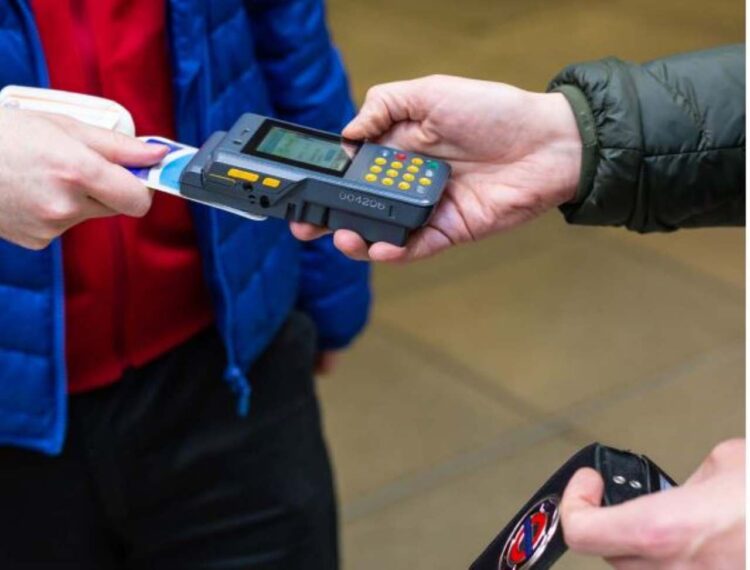Penalty fares have been increased on Transport for London (TfL) services, originally £80, the fine has now risen to £100 in order to discourage people traveling without a valid ticket, though the fine is reduced to £50 if it’s paid within 21 days of being issued.
Last month TfL released data showing that 19,614 people were prosecuted for fare evasion in 2023, which was up a staggering 56% on the year before.
Tackling fare evasion is seriously important and TfL is strongly committed to it. They have estimated that £130m to £150m is lost per year, which could be invested back into the network so it can provide reliable, safe and cleaner transport.
It is a criminal offence to travel on a train without a valid ticket or pass.
The increase follows the penalty fare rise on the National Rail network, which was raised to £100 by the Department for Transport. This has made sure that a uniform set of rules and penalty fares remain an effective deterrent across London‘s transport networks.

Although 96% of people do have a valid ticket, pass, or pay the correct fare on services across London, TfL have over 450 officers that undertake spot check ticket inspections daily across each form of transport.
Additionally, members of staff provide information to the enforcement and investigation teams so they can catch and fine certain individuals.
One of the many ways TfL tackle’s this problem is by using a travel analysis detection system called ITAP, this tracks revenue loss by using patterns combining passenger data and ticketing, this can be used to single out people who haven’t paid or only pay for part of their journey.
The information provided by ITAP insures that ways of intervention can be brought into effect. This includes station announcements and email campaigns informing customers of the possible consequences.
ITAP can also identify certain individuals from its own register which it has built up. The register can be used to follow irregular travel patterns, which can be prioritised as a need for investigation which could lead to prosecution.
The long-term aim is to prevent fare evasion. TfL are doing their utmost to ensure it’s the fare dodgers that pay the cost and not the taxpayer or regular fare paying customers.
Overall, just under 50% of aggression, threatening behaviour and violence towards members of TfL staff and even some customers come from ticket disputes and fare evasion.
TfL’s stands firm on zero tolerance of abuse and violence towards its staff and customers, and those that commit the strongest of offences will see the strongest action taken against them.
Siwan Hayward, TfL’s Director of Security, Policing and Enforcement, said: “Around 96 per cent of people do pay their fares correctly and it is unfair on these people that a minority of people do not. This increase in the penalty fare will ensure that there are clear and consistent rules across the different transport networks in London, and that our penalty fare remains an effective deterrent. Fare evasion is a criminal offence which robs Londoners of vital investment in a safe, frequent and reliable transport network. It also impacts our customers and our staff, and can make public transport feel unsafe. We work to ensure that wherever possible fare evaders themselves, not fare or tax payers, pay the cost of fare evasion.”
Figures from data show that 421 people made over 50,000 journeys without paying fares constantly on the underground in 2023, causing a loss of revenue of over £300,000.
number,Of that number 190 people so far have been prosecuted, with 189 found to be guilty, the remaining number of people are awaiting court action.
TfL is growing its capability on those that constantly avoid paying fares, this could result in a criminal record for such offenders, those that receive such a record can prevent them from securing future job opportunities. This is the latest deterrent facing those that don’t pay on public transport.
Two highlighted cases included TfL singling out a passenger who was using a Contactless Payment Card, the travel patterns left by this particular passenger showed that on 193 journeys the fare hadn’t been paid equating to an amount of over £1,200.
The passenger was taken to court and pleaded guilty to all charges. The other case was similar, only the card had insufficient funds to pay for the journeys being made over the course of a year, this passenger was eventually caught by using CCTV and was taken to court when he has been ordered to pay £1,795.60 to Tfl.






Responses